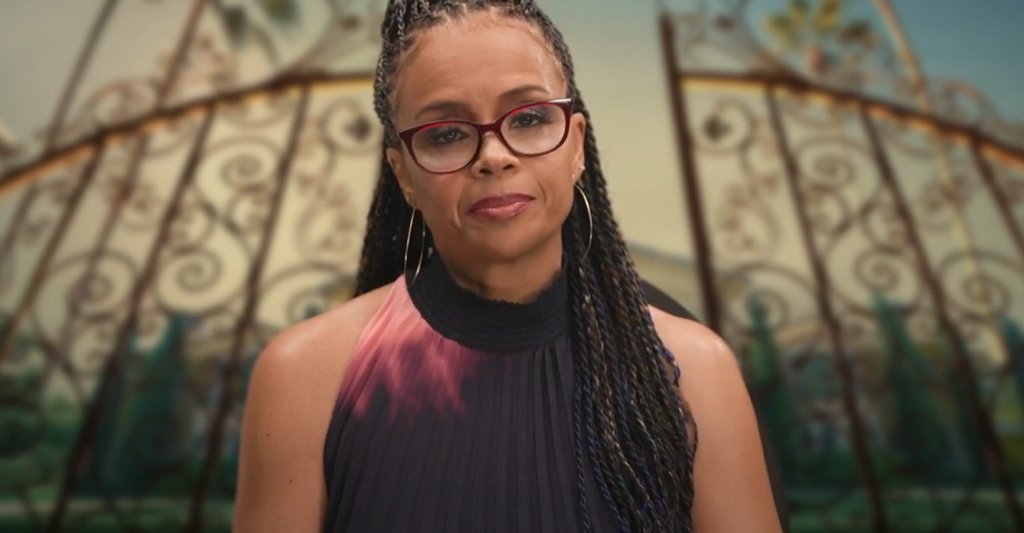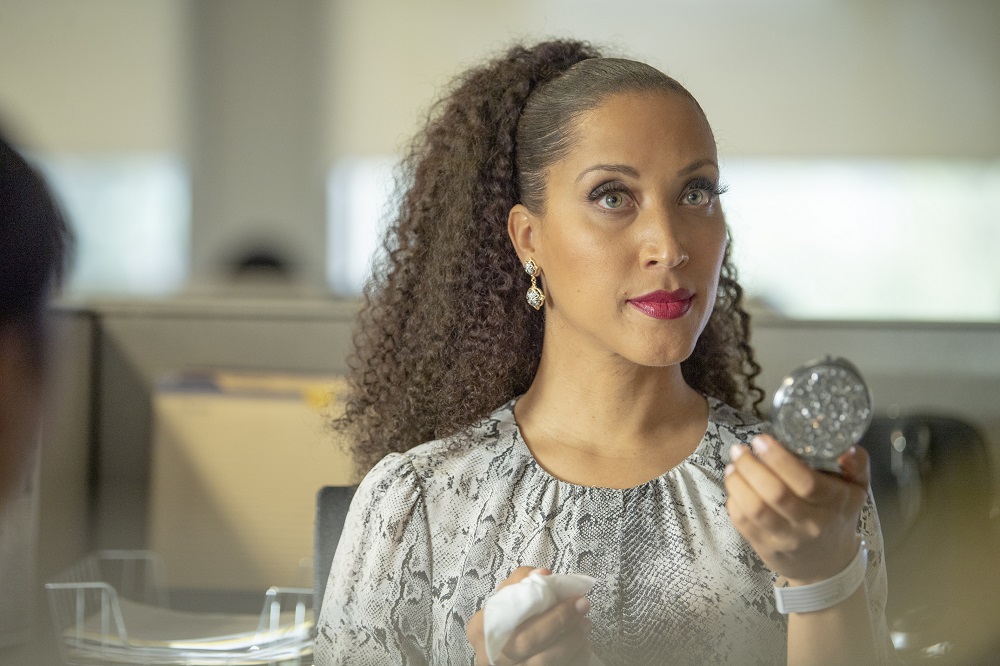While real-life terrors continue to abound for LGBT people, the question often arises why we should care about anything that happens in the make-believe world of entertainment. Who cares, the thinking goes, when terrible things like this week’s aggressively anti-LGBT legislation rolling back protections and banning trans people from certain restrooms has been signed into law in North Carolina? Who cares, people will say, when so-called religious liberty bills are sweeping the country and stand poised to be affirmed in Georgia? Why worry about fiction when the world gives us plenty of non-fiction to worry about?
The answer is both simple and complex. Entertainment is not consumed in a vacuum. Particularly for LGBT people, who represent a minority population, television might be the only place where the larger straight world sees (or more likely realizes they see) us. So then how we are portrayed is integral to how we are perceived. If all people see is our tragedy, why would they ever think about our happiness? That then reinforces, in some people’s minds, that living as an LGBT person is an inherently unhappy experience. So then, there must be something wrong with us.
Much has been made, and rightfully so, recently of a string of prominent deaths for lesbian and bisexual female characters on TV. In the span of 30 days, four queer women were killed off in various ways on American shows. They include Rose (Bridget Regan) on The CW’s “Jane the Virgin,” Lexa (Alycia Debnam-Carey) on The CW’s “The 100,” Kira (Yaani King) on Syfy’s “The Magicians” and Denise (Merritt Wever) on AMC’s “The Walking Dead.”
The trends, and ensuing fan outcry, has been written about in mainstream sites like Variety, Vanity Fair, Entertainment Weekly, and The Hollywood Reporter (full disclosure: yours truly wrote the THR guest column). In particular at issue was how the wave of deaths perpetuated the long-standing television trope known as “Bury Your Gays.” It is the pernicious tendency to give LGBT characters tragic endings.
In TV this trope has manifested itself time and time and time again for queer women on shows like “Buffy the Vampire Slayer,” “Chicago Fire,” “Pretty Little Liars” and others. The queer women’s site Autostraddle did a comprehensive review of all scripted American television since 1976 and found, to date, there have been 95 lesbian or bisexual female characters killed off on screen. In contrast, the site found there have been only 30 lesbian or bisexual characters granted happy endings during that same time. The stark numbers make the inequity glaringly obvious.
And the message may, at least in part, be getting through. Last week, after fan protest and a concerted LGBT Fans Deserve Better rallying campaign, the creator of “The 100,” Jason Rothenberg, was coerced into penning an explicit apology post for perpetuating the “Bury Your Gaye” trope.
Still it’s hard to explain, often to largely straight male audiences, why all the make-believe matters so much. So to help those fighting against a tide of televised tragedy, here are some simple ways to refute and reframe the issue when people tell you “Who cares about what happens on TV.”
Claim: You’re creating a problem where there is none.
Retort: Last year alone there were 400 scripted shows that aired on American television. In the entire history of television there have only been about 16 shows which have granted lesbian or bisexual female couples a happy ending. Our stories are so few and far between as is, and when they’re told they are overwhelmingly tragic.
Claim: LGBT people are only a small percentage of the population so they should only be a small percentage of the characters on TV.
Retort: We don’t want all of the stories on TV to be about LGBT people. We don’t want the majority of the stories about LGBT people on TV to be tragic.
Claim: Well, characters die all the time on TV. It has nothing to do with them being gay.
Retort: Not all shows that have killed off an LGBT character are bad. But when taken cumulatively it creates an overwhelmingly negative narrative about LGBT people, which is bad.
Claim: You make it seem like there’s a vast Hollywood conspiracy to kill LGBT people.
Retort: There isn’t a conspiracy. But cultural narratives are what happens when the same kind of story gets told over and over and over again about a group of people. So the more tragic stories are told about LGBT people, the more that sinks into people’s subconscious understanding of what LGBT people’s lives must be like.
Claim: But it was integral to the plot and not done in a stereotypical way.
Retort: So, you’ve managed to kill a queer woman in a new and unusual way? Congratulations? No one can tell storytellers what to write. But storytellers should really think why they’re writing what they are. Is it to tell LGBT people that life can be sad and happiness can be fleeting? Guess what, gay folks have known that already forever. What we don’t always know is what our happiness looks like, because up until just last year even the federal government of the United States refused to acknowledge and validate our faithful, committed relationships as true marriage.
Claim: Well, you should just be happy they show LGBT people at all.
Retort: Lesbian, gay, bisexual and transgender people exist. We are not a construct of someone’s wildest imagination. So therefore we deserve to be represented in a fair and non-stereotypical way.
Claim: Things are bad for (name an underrepresented group), too.
Retort: And that’s terrible. But it’s not a competition. The more positive and truthful portrayals of all underrepresented groups, the better. The only people who benefit from limiting exposure of and full humanization of any minority group are the people who are accustomed to seeing themselves fully realized on screen already.
Claim: Why care about this when there are wars and bombings and horrible things happening in the world.
Retort. One bad thing does not invalidate another bad thing. We are multi-faceted beings capable of caring and thinking about multiple issues at once.
Claim: But actual gay rights are being trampled right now in this country.
Retort: And, of course, we will continue to fight for our full and rightful equality. But, in a world and a country where some of us still have to fight so hard to do something as simple as, say, going to the bathroom that fits our gender identity, the stories that are told about us matter all that much more. When some see so much hatred in their real lives, the stories they turn to can give them hope or further fortify their hopelessness. So then our storytellers have a choice. Get busy helping LGBT people live better lives, or get busy continuing to make us die one after another on screen.
Dorothy Snarker is Women and Hollywood’s queer columnist. She writes at dorothysurrenders.com and is a regular contributor at AfterEllen.com. Also find her @dorothysnarker.







